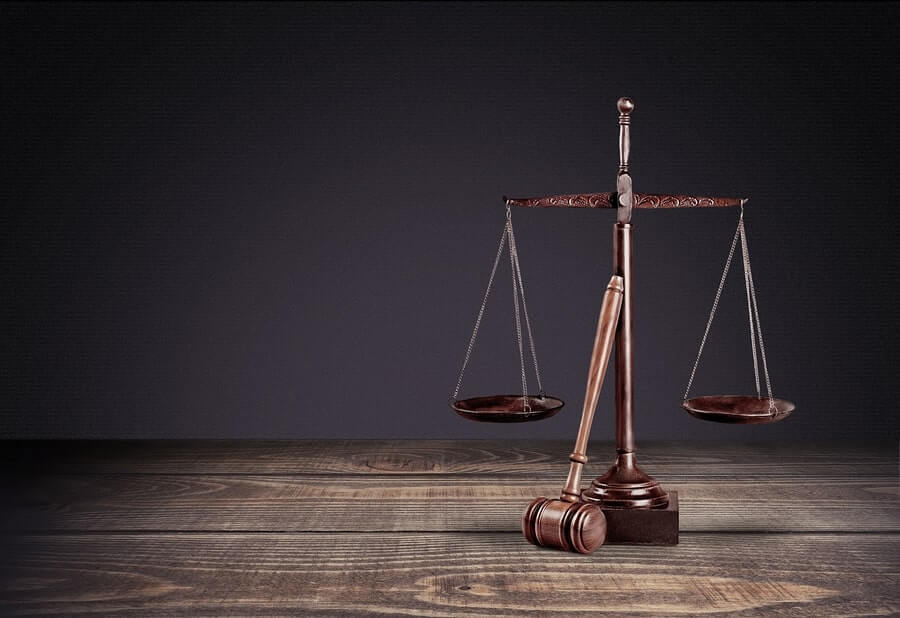February 20, 2019
If you are arrested for a crime that you did not commit, you should take several steps to ensure that you are released as soon as possible. First, follow all instructions given by the police; don’t refuse to cooperate, even though you know that you’re innocent. Keep in mind that the police are relying on what those involved in the incident told them and what you tell them. They did not see the incident first-hand, and thus can’t be sure of your innocence right away.
Keep Your Wits About You
Remain calm while you are being arrested. Advise the police that you would like to speak with an attorney. You do not have to give the police any information. In fact, under Florida law, you shouldn’t provide them with any information until you speak with your attorney. You may not be guilty of the crime that you are being arrested for, but if you say the wrong thing, the police may think that you are guilty. Furthermore, resisting arrest or being otherwise uncooperative may result in further trouble.
If you have a weapon on you, alert the police as to what it is and where it is located. If you have a gun on your person and have a concealed carry permit, advise the police that you have a concealed carry permit, that you are carrying, and where the gun is located. Do not reach for the gun; always keep your hands in plain sight and away from your body.
Go with the police calmly. The police will process you and probably put you in a holding cell until your attorney arrives. While waiting, go over the incident in your mind. Be prepared to tell your attorney exactly what happened and why the police arrested you. If you are unsure of what happened, inform your attorney of this. During the discovery process, your attorney can request information from the police, including the arrest report and other documentation that the police might have, to help paint a clearer picture of the incident.
Posting Bail
In some cases, you may not be required to post bail, in which case you will be released on your own recognizance. In other cases, the court will set a bail amount that you must pay to be released; if this happens, wait until you speak to your attorney before contacting a bondsman. Sometimes, an attorney may request that you be released on your own recognizance or for a lower bond amount during your initial hearing.
The Process
Florida law provides a discovery process that prosecutors must follow. Your attorney will request discovery from the state and may work with you to develop a case strategy. This strategy will depend on what evidence is involved in your case. If evidence shows that you are not guilty of the crime, the attorney may request that the state drop the charges, either in a formal motion or through informal negotiations. If the evidence is questionable, the attorney may ask you for more information about the situation. If unable to have the charges dismissed, your attorney may attempt to secure a lower charge.
Always give your attorney all of the information that you have regarding the situation. Your attorney needs every piece of information that you have to prove your innocence, especially if someone has mistakenly accused you of the crime. The prosecution will likely learn of any information that you try to withhold eventually anyways, which may make you appear guilty if you haven’t already disclosed it to your attorney.
Contact the Khonsari Law Group
If you are arrested for a crime that you didn’t commit, call the Khonsari Law Group at (727) 269-5300, or contact us online, to speak with one of our experienced criminal defense attorneys today.


